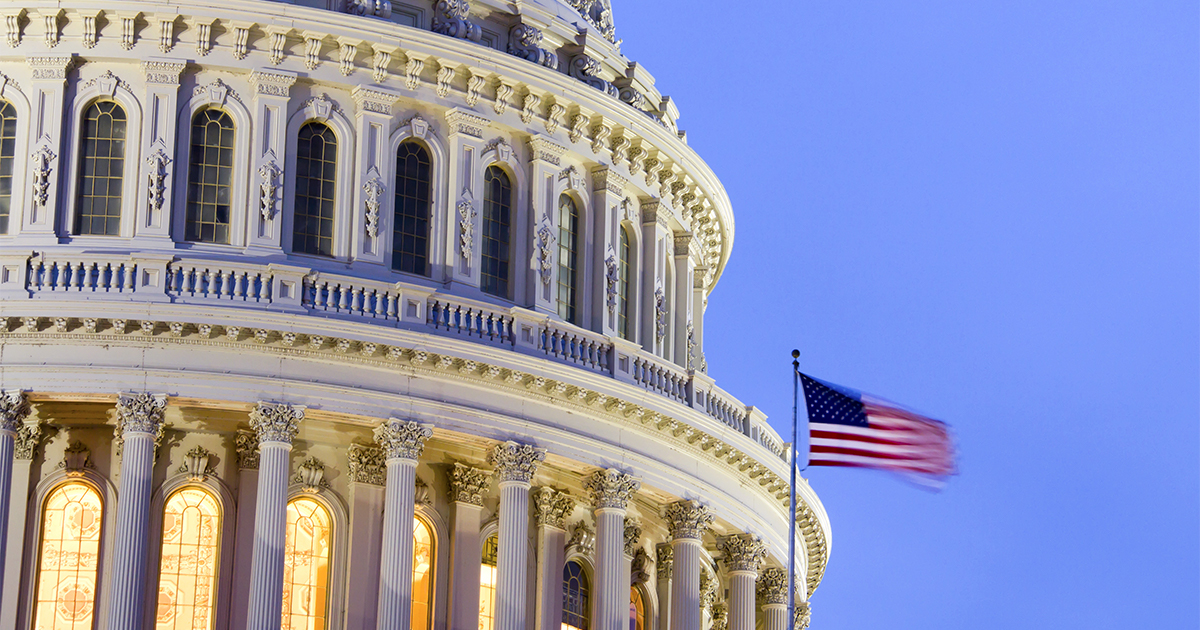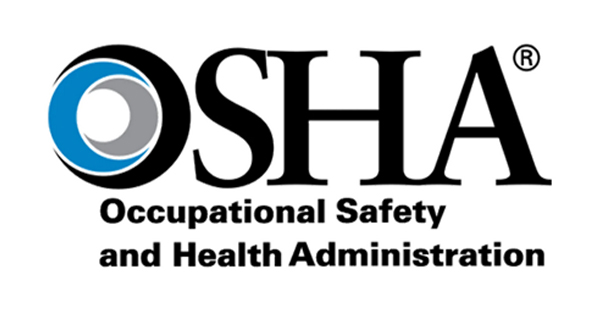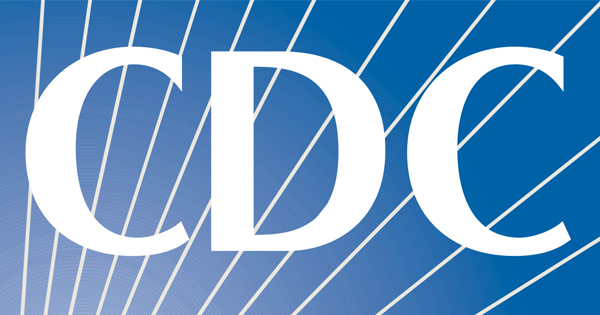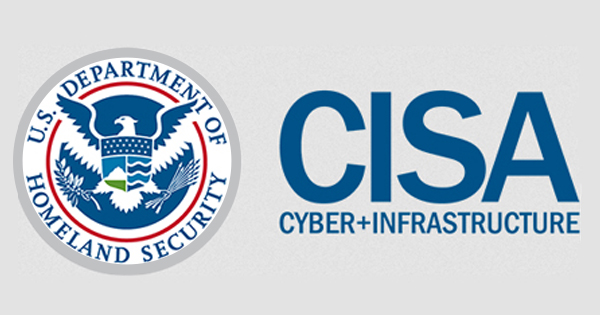AISI | Coronavirus (COVID-19) Resources Page

Federal Government Actions
- Information from the White House on COVID-19
- Cybersecurity and Infrastructure Security Agency (CISA) guidance to help state and local jurisdictions and the private sector identify and manage their essential workforce.
- CARES Act Stimulus Assistance – The CARES Act page here includes links for workers, families and business to apply for assistance.

State Government Actions
- CDC: COVID-19 Vaccinating Provider Locations
- National Governors Association Coronavirus Resources
- Alabama (Businesses | Community)
- Illinois
- Indiana (Businesses | Community)
- Kentucky (Businesses | Community)
- Louisiana
- Michigan (Businesses | Community)
- Minnesota (Businesses | Community)
- Mississippi
- New York (Businesses | Community)
- North Carolina (Businesses | Community)
- Ohio (Businesses | Community)
- Pennsylvania (Businesses | Community)
- South Carolina
- Tennessee
- Texas
AISI News and Happenings
November 17th – Steel Market Update interviews Kevin Dempsey on working with the incoming Biden administration on the steel industry and recovery from the global pandemic
November 5th – The Wall Street Journal speaks with Kevin Dempsey on COVID-19’s impact on steel demand and the importance of preserving the steel tariffs
Additional Resources
- OSHA Coronavirus Overview
- CDC Coronavirus Information
- State & Territorial Health Department Websites
- National Association of Manufacturing (NAM) State Resources
- FEMA: How to Help
- EEOC COVID-19 Guidance
- HHS COVID-19 Vaccines Resource Page
- Fact Sheet: Steel tariffs and how the global pandemic has impacted the state of the steel industry
![[AISI LOGO]](https://www.steel.org/wp-content/themes/steel-org/assets/images/steel-logo.png) American
Iron and Steel
Institute
American
Iron and Steel
Institute


